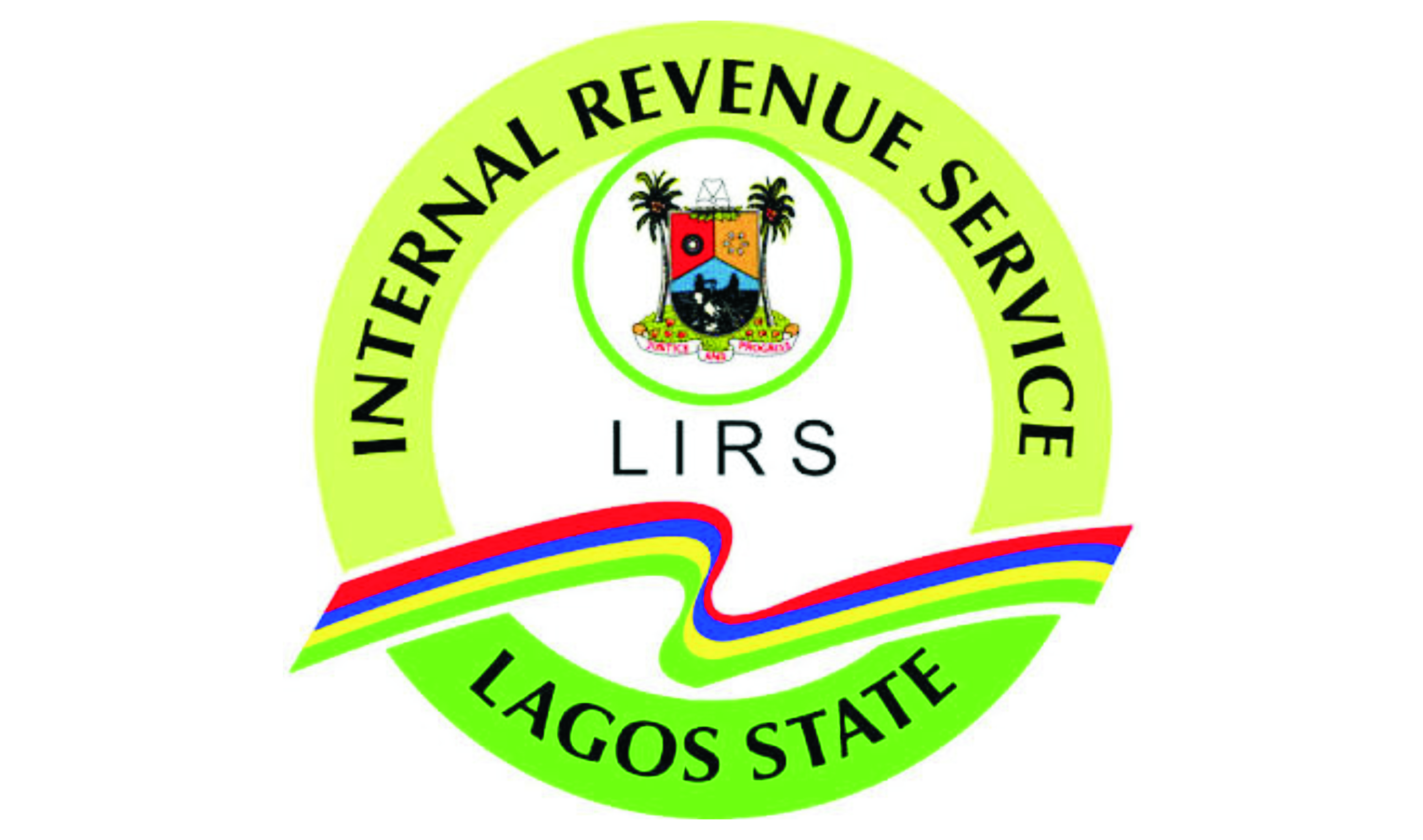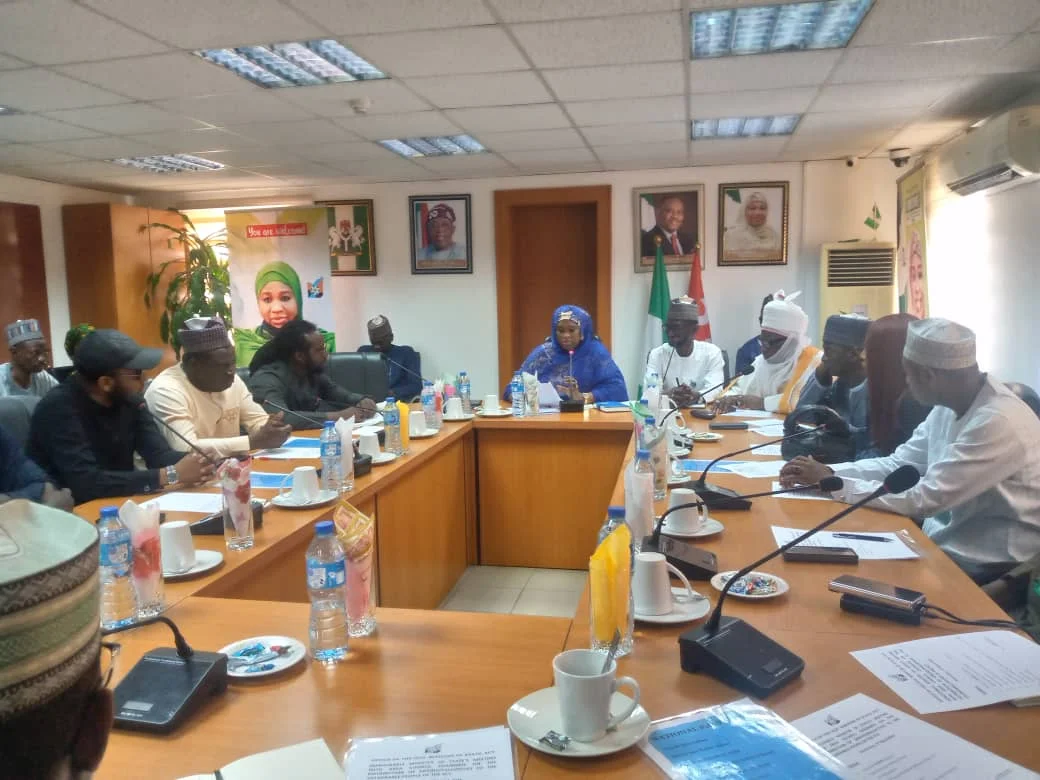Business
Nigeria’s Debt Service To Revenue Ratio Rises To 48%

The revision of the 2020 revenue framework has raised the Federal Government’s debt service to revenue ratio from the initial 29 per cent to 48 per cent.
The Executive last Wednesday sent a revised 2020 budget proposal to the National Assembly following a drop in crude oil prices caused by the impact of the coronavirus pandemic.
The Federal Government had in the budget proposal revised downward the revenue projection for the 2020 fiscal period by N3.3tn from the initial approved amount of N8.41tn to N5.08tn.
The reduction in revenue projection was due to the impact of the coronavirus pandemic.
The pandemic has so far led to unprecedented drop in global crude oil prices.
Based on the revenue parameters upon which the revised proposal was made, the Federal Government reduced the oil price benchmark from $57 per barrel to $30 per barrel.
Similarly, the oil production volume was cut from the initial 2.18 million barrels per day to 1.7 million barrels per day.
Before the revision, the Federal Government had projected to generate about N8.42tn revenue to fund the budget, while debt service was estimated to gulp about N2.45tn
This implies that 29 per cent of the revenue of government in the 2020 fiscal year would have been spent to service debt obligations.
However, following the revision in the revenue framework which resulted in a reduction of projected revenue to N5.08tn, with debt service unchanged, the gap in revenue to debt service ratio has now been widened to 48 per cent.
Speaking on the budget cut, a former Director-General, West African Institute of Financial and Economic Management, Prof Akpan Ekpo, said that the N2.45tn allocated for debt service should be renegotiated.
He said if the debt service obligation was renegotiated, it would free up funds that could be channelled for critical infrastructure projects such as power, rail and roads.
Ekpo added that sectors such as education and health should be given priority in the current fiscal period.
He said: “It’s a drastic cut but the priority should be power, rail and roads in terms of hard infrastructure. The soft infrastructure for human development should be education and health.
“Cost of governance is too high and this should be reduced while the excess channelled to infrastructure.”
“The budget has a huge amount allocated for debt servicing, this could be renegotiated and whatever that can be saved from there could be channelled for capital projects.”
A former Director-General, Abuja Chamber of Commerce and Industry, Chijioke Ekechukwu, said that the cut in the budget was expected due to the continuous drop in crude oil price.
He said expenditures as such security votes, constituency projects, unnecessary allowances and travels that would increase the cost of governance should be dropped.
Ekechukwu said, “It was expected that the Federal Government would cut down the budget in line with oil price realities.
“The cut should concentrate on expenditure that will not contribute to increase in standard of living and quality of life.”
Business
NCDMB Tasks Media Practitioners On Effective Reportage

Business
FCTA, Others Chart Path To Organic Agriculture Practices

The Federal Capital Territory Administration (FCTA) and other stakeholders have charted path to improved organic agriculture practices nationwide.
At a 2024 national organic and agroecology business summit held recently in Abuja, stakeholders took turn to speak on the additional areas of promoting the practices.
The Mandate Secretary, FCT Agriculture and Rural Development Secretariat (ARDS), Lawan Geidam, advocated for sustainable practice to develop resilient food systems that will benefit people.
The event, with the theme,”Towards Policies for Upscaling Organic Agroecological Businesses in Nigeria”, is aimed at fostering growth in the organic agriculture sector.
Geidam, who was represented by the Acting Director, Agric Services, in the Secretariat, Mr. Ofili Bennett, emphasised the success of organic and agroecological farming, reling on the active involvement of farmers, businesses and consumers.
He reassured attendees that the FCT Administration, led by the Minister, Nyesom Wike, and Minister of State, Dr. Mariya Mahmoud, remains dedicated to supporting initiatives that enhance the livelihood of residents.
Geidam described the partnership between the Secretariat and the organic and Agroecology initiative for a monthly exhibition and sale of organic products in the FCTA premises as a testament to this commitment.
“The ARDS remains committed to driving policies and initiatives that align with national goals and global standards”, Geidam said.
On her part, the Chairperson of Organic and Agroecology Initiative, Mrs. Janet Igho, urged residents to embrace healthy eating habits to sustain a good lifestyle. She stressed the importance of adopting organic practices, highlighting the benefits of going organic, growing organic and consuming organic products.
Igho expressed her optimism regarding the Agricultural Revival Programmes as articulated in President Bola Ahmed Tinubu’s “Renewed Hope Agenda”, which aims at fostering food and nutrition security.
She also extended her gratitude to ARDS for graciously allocating a space in the FCTA premises for the exhibition and sale of organic products, noting that the platform has been effectively used to advance the promotion of organic agriculture in FCT.
Igho outlined several benefits of organic agriculture which includes improved soil health, increased biodiversity, availability nutritious and healthy food and a reduced carbon footprint.
Stakeholders at the summit, underscored the critical need for enhanced private sector involvement and robust capacity building initiatives for farmers.
They highlighted the importance of implementing supportive policies to foster the growth of the organic agriculture sector.
In the light of the significant challenges facing Nigeria’s agricultural landscape, stakeholders decided that organic agricultural practices present sustainable solutions and a pathway for a more resilient and productive farming systems.
The three-day summit featured exhibitions showcasing organic foods, fruits, vegetables and fertilizers, providing an opportunity for residents to better appreciate the benefits of production and consumption of organic agricultural products.
Business
Dangote Refinery Exports PMS to Cameroon

-
Sports4 days ago
Subsea Cycling Club Chairman Solicits for Support
-
Sports17 hours ago
Nigeria To Host 2026 Golf AACT
-

 News5 days ago
News5 days agoFG Denies Appointing Ambassadors, Urges Nigerians To Disregard Fake List
-
Niger Delta21 hours ago
NSCDC Holds Walk Against National Assets Vandalism In Edo
-

 News17 hours ago
News17 hours agoSenate Issues Arrest Warrant Against Julius Berger MD Over Road Project
-

 News5 days ago
News5 days agoOndo Election: INEC Blames Banking Errors As Ad-hoc Staff Demand Payments
-

 News5 days ago
News5 days agoAmidst Attempts To Starve Us Of Funds, We’re Still Providing Services, Projects -Fubara
-

 Rivers5 days ago
Rivers5 days agoRSG Gives Illegal Dump Site Operators Quit Notice

